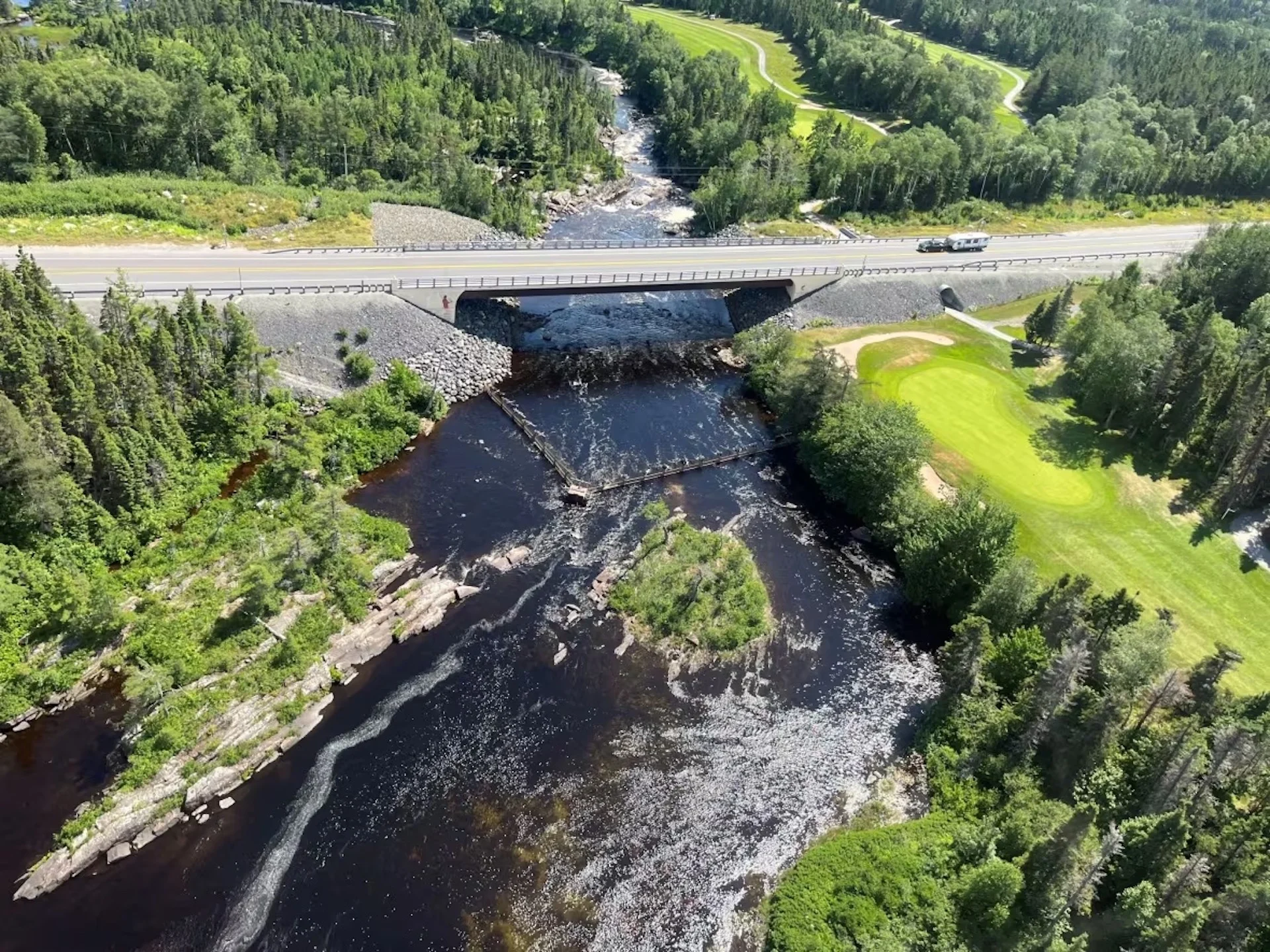
There's a drought — scientist says N.L. water levels are historically low
Running out of water on an island in the middle of the Atlantic Ocean may seem like an impossible idea — but that's exactly what's happening in Newfoundland.
Paula Dawe, a scientist with the province's water resources management team, says more than 40 of the division's water monitoring stations are showing lower levels than normal and 10 of them are at all-time lows.
Although that may come as a shock, Dawe says it shouldn't.
SEE ALSO:A looming crisis: Are we facing a water emergency?
"A lot of what we're seeing right now is what was predicted in the climate change projections about ... 20 years ago," Dawe said.
"[We knew] the temperatures were going to be increasing in Newfoundland and Labrador, that stream flow was going to be lower, that waters were going to be warmer in the summer, that there would be less snowpack and it would be melting earlier."

According to Agriculture and Agri-Food Canada's data, parts of the island are experiencing moderate drought, as shown by the orange colour. The yellow sections mark parts of the province that are drier than normal. (Agriculture and Agri-Food Canada)
Just this summer, Dawe said she heard about groundwater wells drying up and salmon rivers having to close due to high water temperatures. Northwest River near Terra Nova Park has had to close several times this month for that reason.
The area from Gander to St. John's is experiencing a moderate drought, according to data from Agriculture and Agri-Food Canada. The ground is drier than usual on the central part of the island, while most of Labrador is spared, said Dawe.
Dawe said heat records will continue to be broken in the coming years due to climate change.

Northwest River has had to close to salmon anglers several times this July because of high water temperatures. (Northwest River Conservation Group)
"What was once considered extreme ... historically is going to become the new normal," she said.
There is a high potential for water shortages this year, Dawe said, but there are ways people can curb that.
Some of her tips include waiting until it's absolutely necessary to wash a car or water the lawn. Dawe even recommends putting a brick in toilet tanks to displace some of the water.
If communities are experiencing water shortages, Dawe encourages them to contact the province's Water Resources Management Division for support and co-ordination.
Thumbnail courtesy of Northwest River Conservation Group via CBC.
The story was originally written by Maddie Ryan and published for CBC News. It contains files from Newfoundland Morning.